Please feel free to write down your requirement in the form below. We will reply you within 24 hours.
We will strictly protect the privacy of users'personal information and never disclose it.
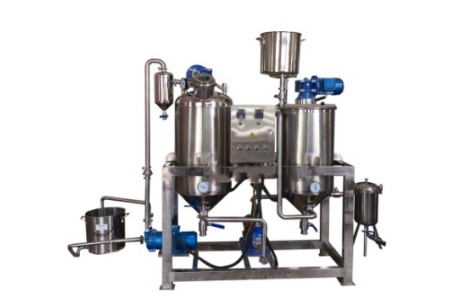
Material: SS304 stainless steel Color: stainless steel
Processing capacity:300KG/D
Composed of refining tank, vacuum dehydration and decolorization tank, belt polishing filter, oil pump, motor, electric heati
XXJL series stainless steel edible oil refining unit
Equipment Introduction:
Composed of refining tank, vacuum dehydration and decolorization tank, belt polishing filter, oil pump, motor, electric heating system and frame, it can achieve the functions of crude oil degumming, deacidification, low-temperature drying and decolorization, and fine filtration.
In order to meet the needs of small-scale oil mills, a complete set of units dedicated to oil refining in small-scale oil mills has been developed, achieving an integrated flow operation of dephosphorization, degumming, deacidification, dehydration, and decolorization, thereby realizing the miniaturization of large-scale oil refining and the civilian use of industrial oil refining. Nowadays, complete sets of refined oil equipment are accelerating to enter small and medium-sized oil mills across the country, and are highly favored by oil users, The refined oil products obtained through this refining equipment meet the national second level or above edible oil standards and can be directly filled and sold!
Operation process:
Crude oil -- deacidification (alkaline refining) -- degumming and dephosphorization (water washing) -- dehydration (vacuum drying) -- finished oil
Processing effect:
After being processed by a refining machine, the oil has a transparent color, no sedimentation when left for a long time, no foaming when cooked, and less oil smoke. It meets the national edible oil standards and can be directly filled and sold. It is suitable for use in incoming material processing and small-scale oil processing plants.
Equipment features:
1. Made of food grade 304 stainless steel material and polished; Meet the national food machinery standards.
2. Simple design and exquisite appearance, improving customer satisfaction.
3. All operational data is displayed by the instrument, making the operation simple and safe; Ordinary staff can start working on the machine after receiving telephone training.
4. It can achieve low-temperature dehydration of oil products, ensuring that oil products will not oxidize.
Differences in oil refining equipment:
1. Oil refining equipment 5 functions: degumming, deacidification, decolorization, deodorization, and dewaxing (with dehydration and fine filtration as the basic functions).
2. Oil refining equipment 4 functions: degumming, deacidification, decolorization, deodorization (dehydration, fine filtration as the basic functions).
3. Semi refining equipment 3 functions: degumming, deacidification, and dehydration (with fine filtration as the basic function).
4. Oil vacuum dehydration equipment (with fine filtration as the basic function).
5. A separate oil deodorization equipment (with dehydration and fine filtration as the basic functions) generally needs to be degummed first and then deodorized.
According to different user needs, we can customize refining equipment for users, with any combination of five functions: degumming, deacidification, decolorization, deodorization, and dewaxing.
Equipment volume: 0.3 tons, 0.5 tons, 1-10 tons, etc
Heating methods: direct electric heating, indirect steam heating (steam generator), and thermal oil heating.
Process type: intermittent, semi continuous physical refining (suitable for 3-5 tons per day).
Process methods: physical refining and chemical refining.
Material: SS304 stainless steel;
Application scope: Edible oil processing plants or individual oil processing.
Why should edible oil be refined?
The solid substances and various unwanted lipids (such as free fatty acids and resins) as well as various harmful pollutants (such as aflatoxins, heavy metals, 3,4-benzopyrene, etc.) in crude oil can be removed within the scope of hygiene permits. However, the loss of natural trace nutrients (such as sterols, tocopherols, squalene, etc.) in oil is not significant, and most of them are preserved. Peanuts, double low rapeseed, sunflower seeds, and other pre pressed oils that have undergone degumming and alkaline refining belong to this moderately refined oil. On the premise of ensuring that no new harmful substances such as trans acids and polymers are produced, some manufacturers have carried out mild decolorization and deodorization treatment on the basis of the new national standard third and fourth grade oil (degumming, alkaline refining), which is also acceptable.
By predicting and analyzing the development trend of the edible oil industry, the following points can be summarized:
Soybean oil, rapeseed oil, palm oil, peanut oil, and sesame oil are popular among consumers.
Tea seed oil, walnut oil, flaxseed oil, perilla seed oil, etc. have become the main choices for high-end consumers.
Peony oil, maple seed oil, Wenguanguo oil, pumpkin seed oil, grape seed oil, Inca fruit oil and other small oil varieties have gradually become outstanding.
"Food is the top priority for the people, and oil is the top priority for food."
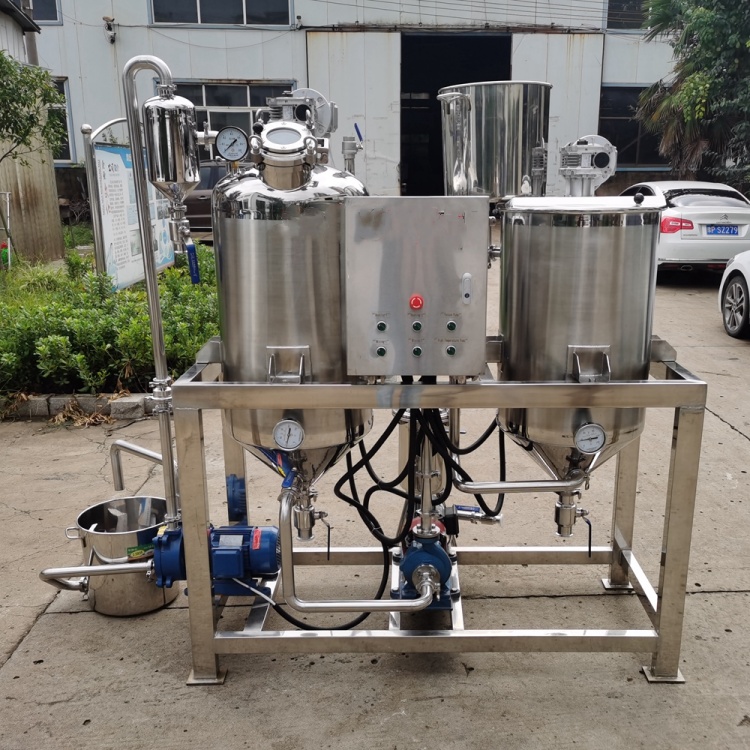
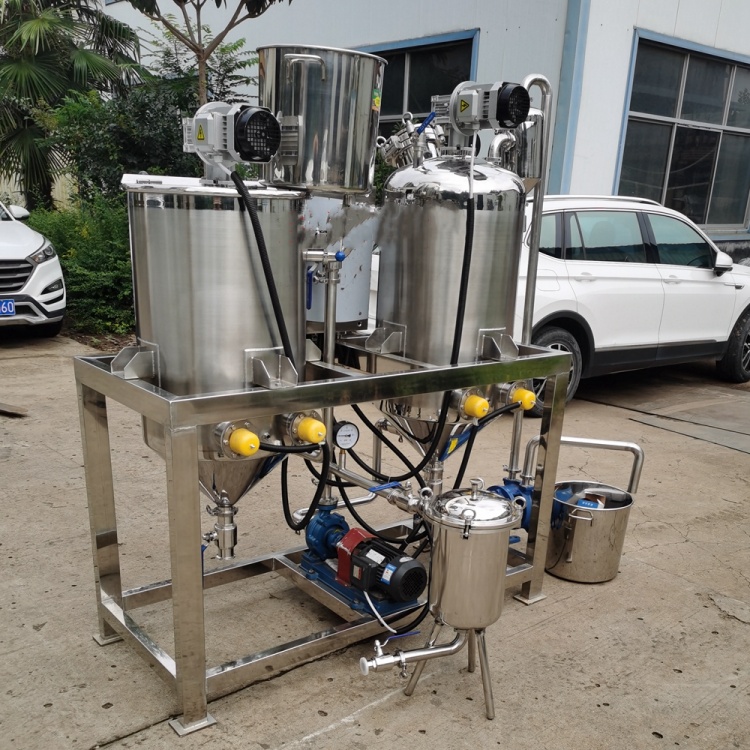
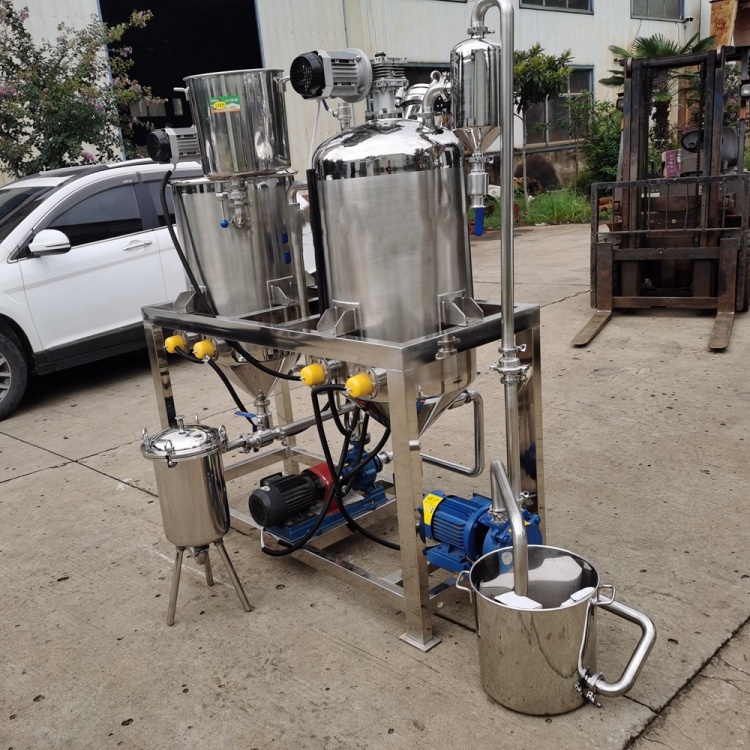
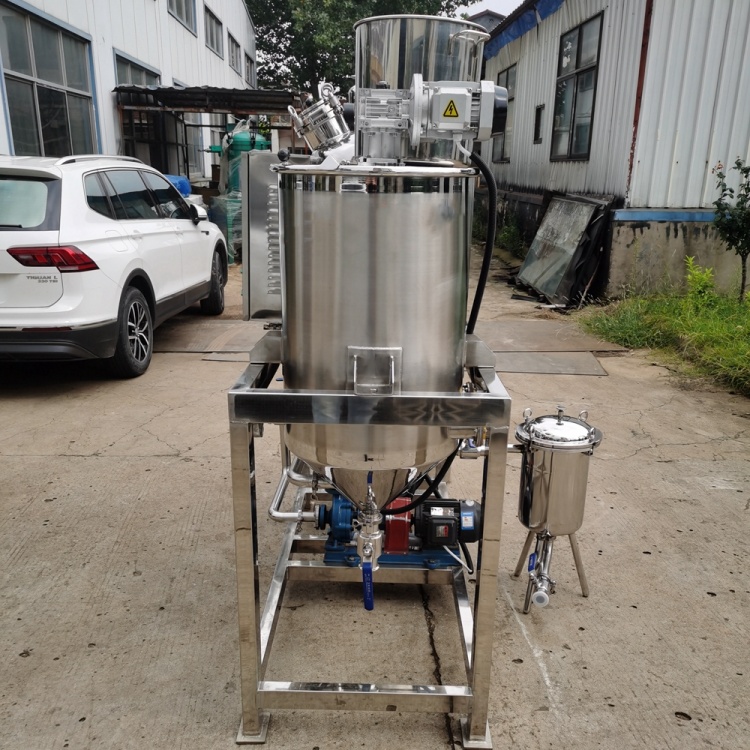
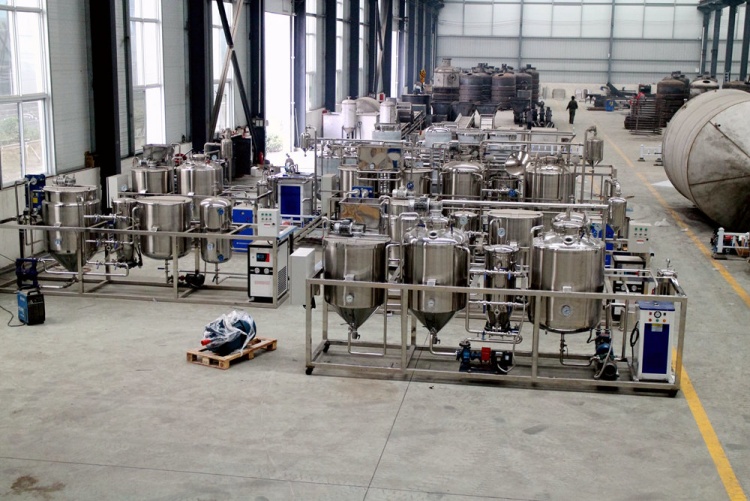
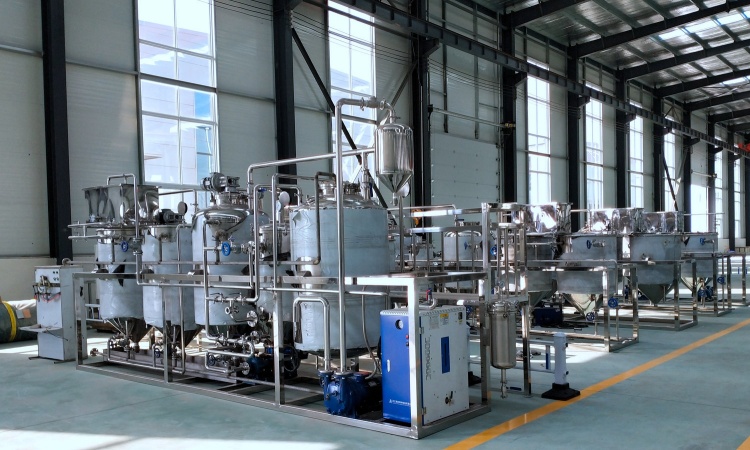
Please feel free to write down your requirement in the form below. We will reply you within 24 hours.
We will strictly protect the privacy of users'personal information and never disclose it.